The research group of the Atlantic Botanic Garden promotes and conducts research projects at the Garden and advises the staff of the Garden in matters related to the scientific curation of the collections. The group also coordinates the supervision of graduate and postgraduate students, and the participation of the Garden in national and international networks of plant conservation.
Director of Science: Dr. Borja Jiménez-Alfaro
BSc in Biology (University of León, 1999) and PhD in Botany (University of Oviedo, 2008). Postdoctoral researcher at the Atlantic Botanic Garden (2008-2010), Rey Juan Carlos University of Madrid (2011), Masaryk University of Brno (2012-2015), iDiv – German Center for Biodiversity Research (2016-2017) and IMIB – Biodiversity Research Institute CSIC (2018-2019). Since 2020, Beatriz Galindo researcher at the University of Oviedo. His research focuses on diversity, biogeography and regeneration of plant communities. He is member of steering committees of the International Association for Vegetation Science (IAVS) and associate editor of Applied Vegetation Science and Mediterranean Botany.
Curator: Dr. Eduardo Fernández Pascual
BSc in Biology (University of Oviedo, 2008) and PhD in Botany (University of Oviedo, 2013). Conducted his PhD studies on mire seed ecology at the Germplasm Bank of the Atlantic Botanic Garden. Continued his postdoctoral career at the Royal Botanic Gardens Kew (2015-2016) and the George Washington University (2017). In 2018 he returned to the University of Oviedo with a Marie Curie Cofund Clarín fellowship. His line of research is on functional seed traits, especially those related to the regulation of germination timing. He is a member of the International Society for Seed Science and associate editor of Folia Geobotanica.
The research group has the support of graduate and postgraduate students, as well as an advising committee with experts on plant sciences from the northern Iberian Peninsula.
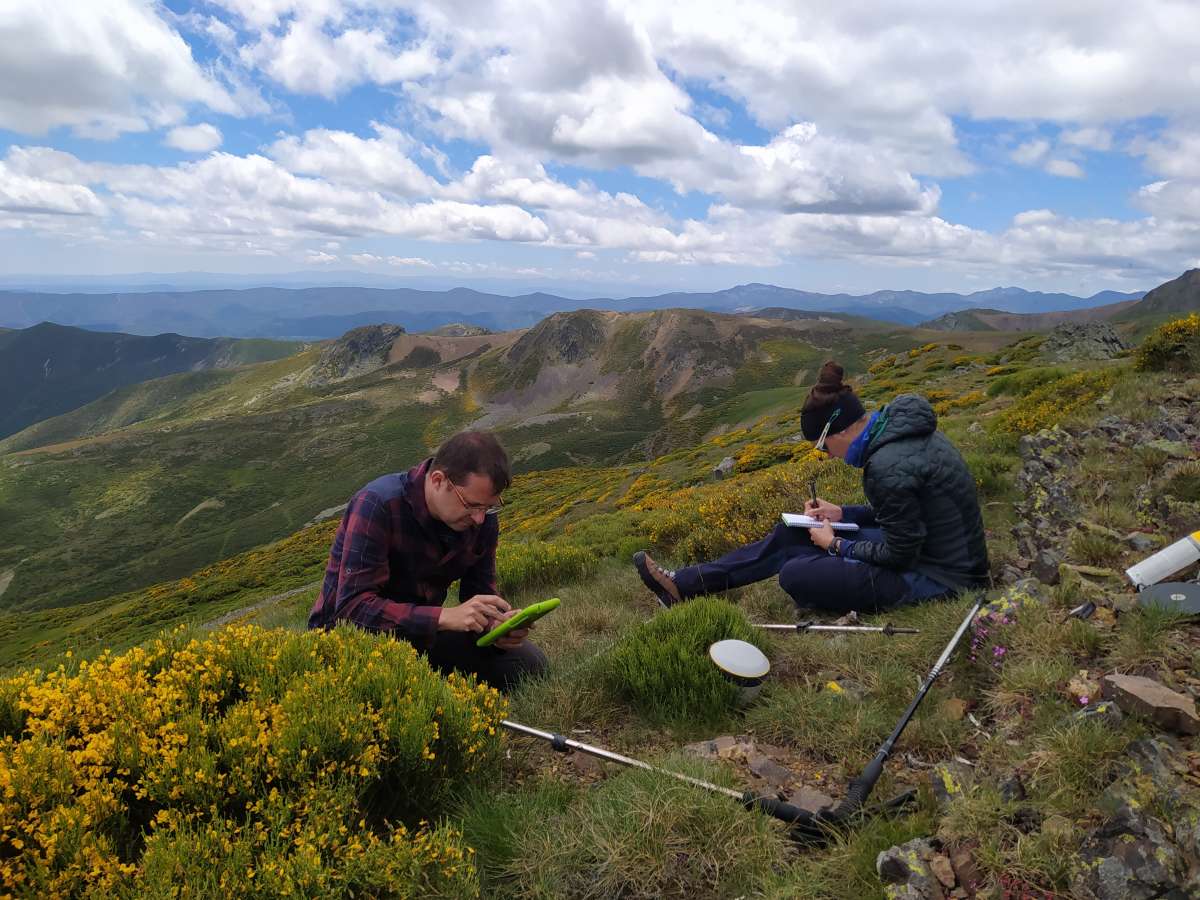
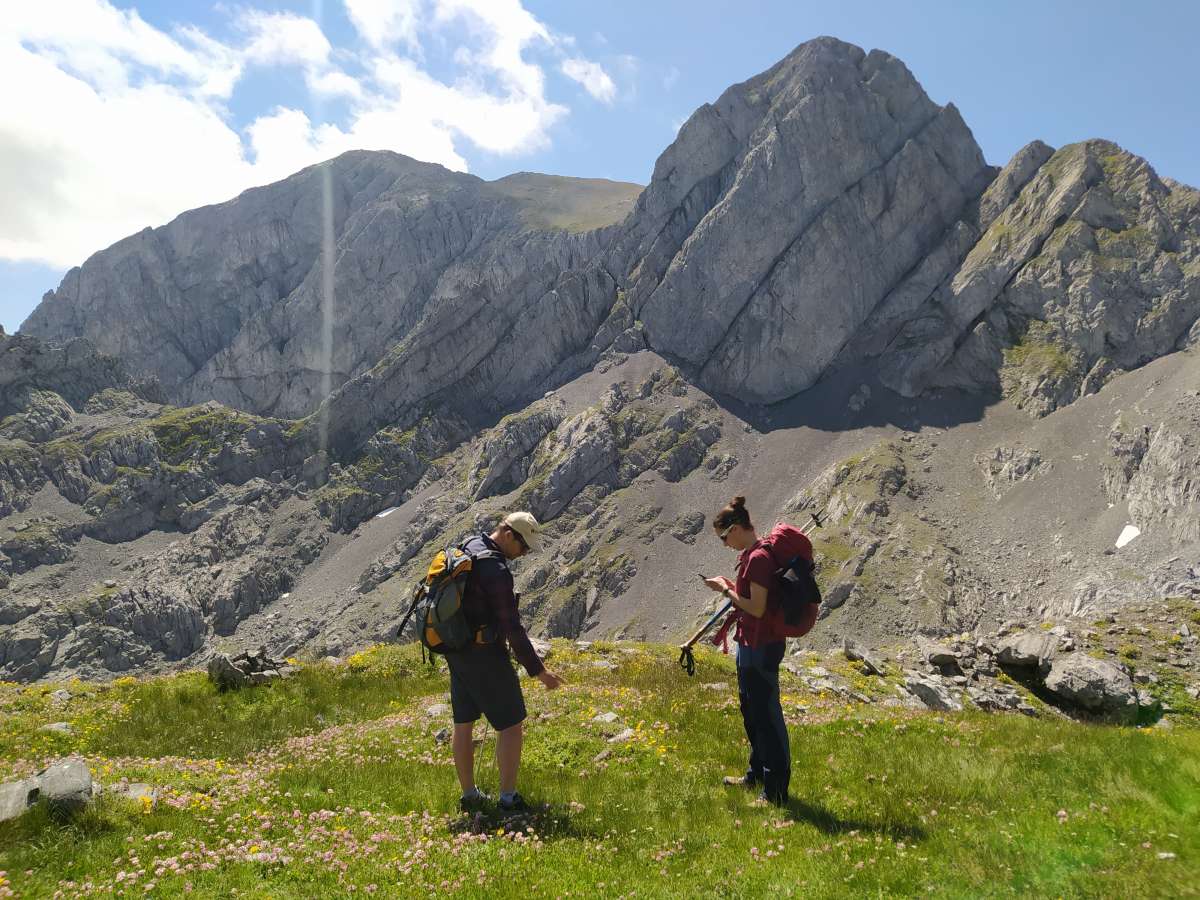
The scientific goals of the Atlantic Botanic Garden are focused on discovering plant diversity and its relationship with climate, including wild and domesticated plants; on documenting the plant diversity in the Garden’s collections to support species extinctions and ecosystem collapse; and on transferring knowledge through the education system and citizen science.
For more information, please visit the website of the Vegetation and Biodiversity Group, where you can find the latest publications of our research group.
Phenological monitoring
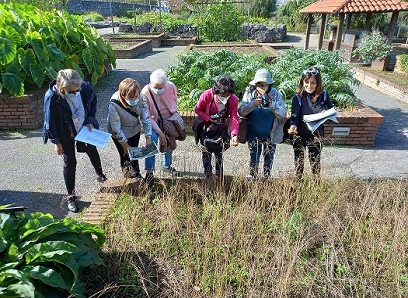
The Atlantic Botanic Garden is the first Spanish botanic garden to join the PhenObs, una red internacional para el seguimiento fenológico de plantas en jardines botánicos. an international network for plant phenological monitoring in botanic gardens. The project has the collaboration of the Friends of the Garden Society who participate in weekly sampling visits. The sampling is based on a methodology shared by all members of PhenObs.
High-mountain vegetation
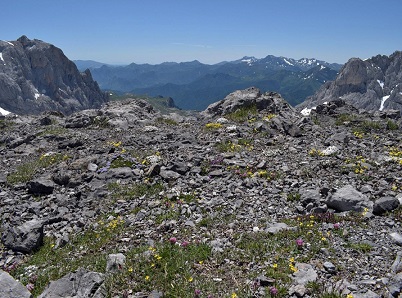
Since 2008, the Atlantic Botanic Garden is monitoring the alpine plant communities of the Picos de Europa National Park. This monitoring is part of international research networks such as GLORIA and DarkDivNet. In 2021, new monitoring stations have been installed in mountain mires, within the BIOOCULT project to assess the hidden diversity of microorganisms.
Temperate Deciduous Forests
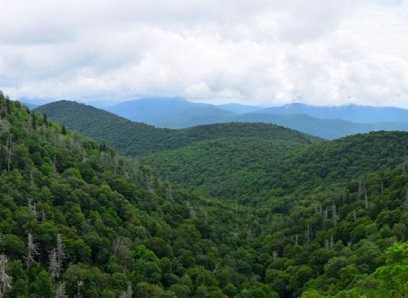
To understand the climatic context of the Atlantic Botanic Garden, we study the climatic drivers of forest diversity in the Cantabrian Mixed Forests Ecorregion and the role of this region in the broader temperate broadleaved forest biome. This research is conducted in collaboration with the European (EVA) and global (sPlot) vegetation databases.
Seed Ecology VII

The University of Oviedo and the Atlantic Botanic Garden organise the 7th edition of the Seed Ecology conference of the International Society for Seed Science. Hosted in Asturias in 2022, this conference brings together world experts on topics such as seed evolution and macroecology, regeneration of plant communities, plant-animal interactions or seed-based restoration.
Phylocan
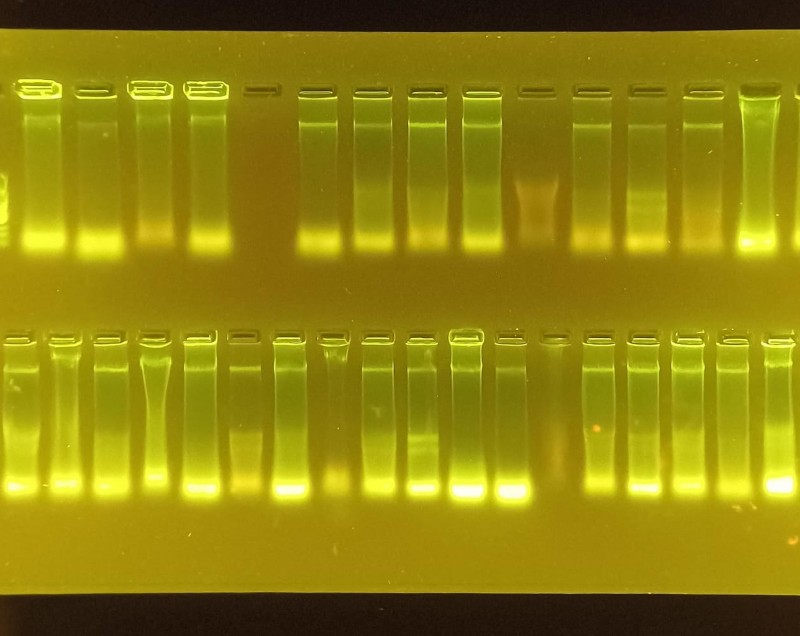
En colaboración con el Instituto Pirenaico de Ecología y con el apoyo económico del Principado de Asturias, el E.C. del JBA Equipo Científico participa en un proyecto dirigido a reconstruir, sobre la base de la comparación de las secuencias de varios centenares de genes, las relaciones evolutivas entre todas las especies de plantas vasculares de la ecorregión cantábrica.
Especies invasoras
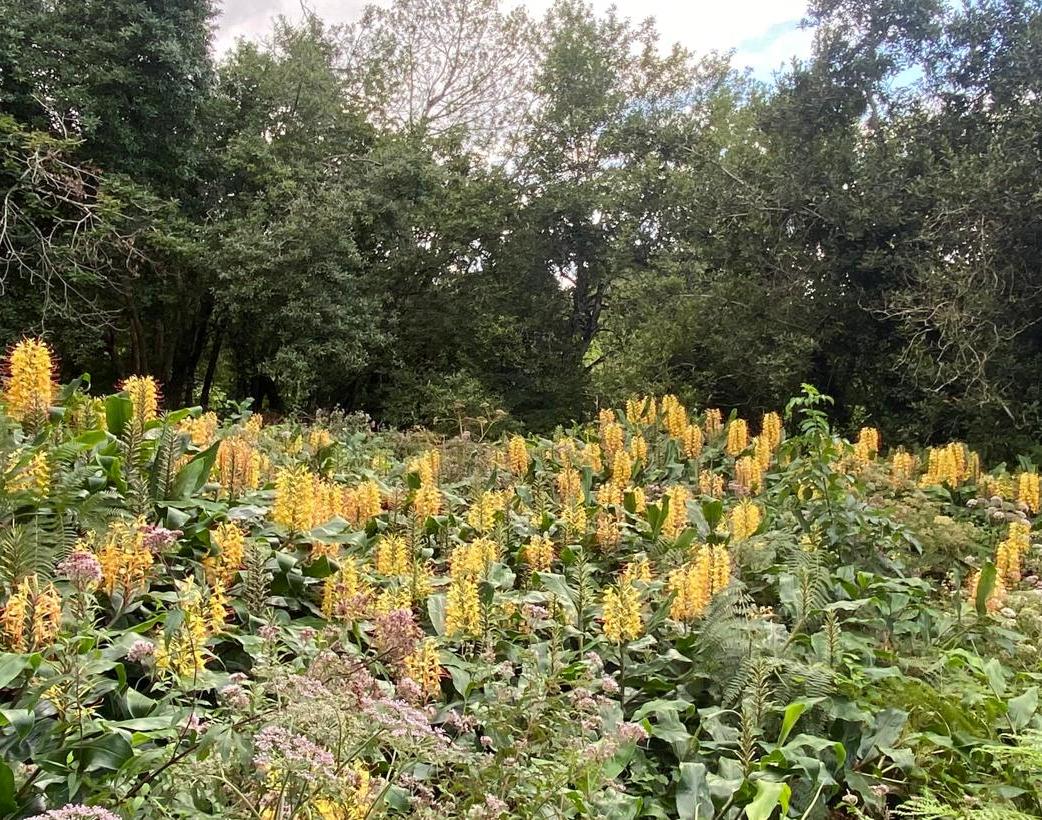
El objetivo de esta línea es investigar sobre los mecanismos biológicos clave en la invasión de plantas y aplicar este conocimiento en la selección de prioridades y en programas de prevención y control. Destaca la publicación de un catálogo jerarquizado de las especies vegetales invasoras de los territorios de clima atlántico de la península ibérica y un proyecto, financiado por la National Geographic Society, para estudiar la invasión del plumero de la Pampa en varias regiones del planeta.